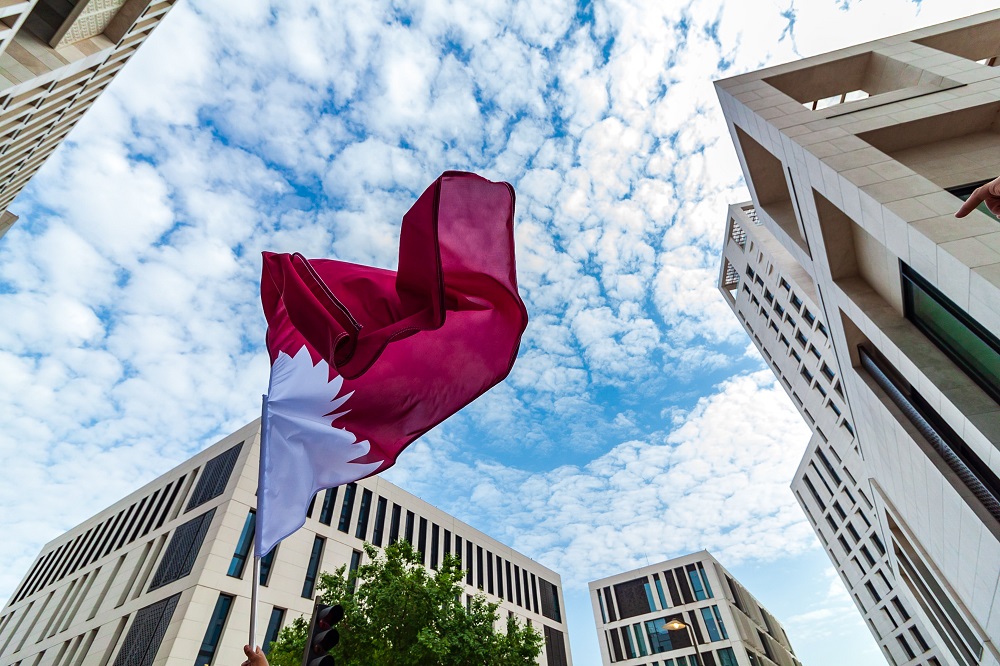The vision and persistent work to make it a reality is the shortest definition of success. Nothing is really impossible if we are persistent and smart enough to set a clear goal and work towards its realization. Today in the focus of the world public is one such story, the story of Qatar.
As part of the United Arab Emirates, the small nation of Qatar has managed to make serious strides in the past 30 years. Taking advantage of oil revenues, Qatar, along with other members of the United Arab Emirates, has done perhaps the impossible. As they say, a modern flower has grown in the desert. And Qatar continues to push boundaries, successfully shifting its weaknesses.
The great skepticism and resistance that manifested itself among certain structures for the organization of the World Cup in Qatar seem to have balanced itself out during the first stage. Football fans have focused on the most important sideline in the world – football, putting aside all speculation and even serious discussions about the rights of workers in the country.
There is no doubt that certain chapters in Qatar need to be improved, especially the status of workers in the country, but despite all the weaknesses, the fact remains of the great achievements made by the country, taking into account the initial positions of several decades ago and the way of life of the people in the country. At the moment, Qatar is certainly the focus of the world public with the World Cup in football and the investments made in the construction of infrastructure for its maintenance.
But at the same time, this country is making serious efforts in terms of reducing its impact on climate change – contributing to greater decarbonization and investments in renewable energy sources. Activities in this direction are foreseen in the country’s national strategy – National Vision 2030.
A strategic target is a reduction of CO2 emissions by 25% by 2030, as well as an increase in energy efficiency. The largest electricity production in Qatar comes from gas, and the country’s biggest challenge is securing sufficient amounts of water. Given that gas is much cleaner energy than coal, for example, CO2 emissions for electricity generation are much lower than those of other coal-using countries.
Although for Qatar, fossil fuels remain the most important component of the economy, a step is also being taken in the direction of investments in renewable energy sources, especially in the area of solar power plants, which is understandable if the climate potential of the country is taken into account.
According to Qatar’s national strategy, by 2030, 20% of the country’s energy will come from renewable sources, that is, from the sun. Compared to other countries in the world, Qatar has made less progress in the energy transformation, but the long-term strategic determination is still clear. There is no doubt that this major oil-producing country will continue to rely on fossil fuels and oil for a long time in the future.
However, the country shows great interest in its participation in the energy transition. In addition to domestic projects, Qatar also invests in major projects around the world. Such is the case with Qatar’s $2.43 billion investment in RWE AG, which helped the company acquire US-based Con Edison Inc – Clean Energy Businesses for $6.8 billion, which has the potential to become one of the key players in the US market.

